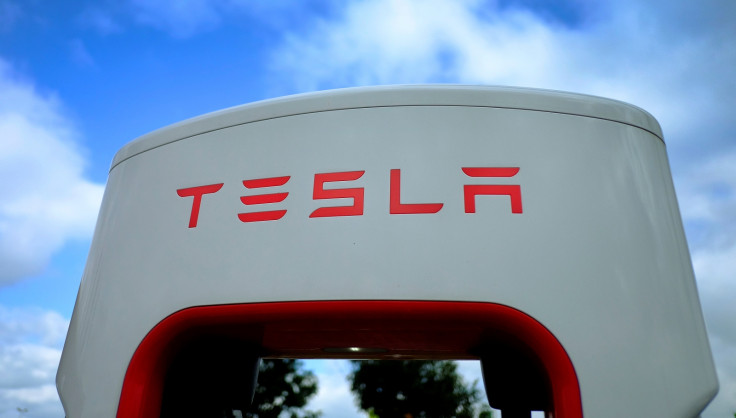Tesla takes cautious approach with 45mph speed limit in new self-drive system
New Autopilot HW2 system is switched on with software update as Elon Musk urges drivers to be cautious.

A new, smarter version of Tesla's self-driving Autopilot system is now being rolled out to drivers via a software update - but a 45mph speed limit is in place until its motorway driving skills improve.
The cautious approach was announced on Twitter by company boss Elon Musk, who said the system will receive software updates every two to six weeks, and that major hardware updates will be introduced every 12 to 18 months.
The new Autopilot, which has been fitted to Model S and Model X cars leaving the assembly line since October 2016 is now being switched on via a software update but only allows Teslas to steer themselves on multi-lane roads at up to 45mph.
Older Tesla vehicles fitted with first-generation Autopilot hardware, known as HW1, currently offer more advanced self-driving features than newer models, and can drive themselves at high speeds. But this will change once the new cars have covered more miles and improved their Autonomous skills.
Musk tweeted on 22 January that cars with HW2 fitted will receive updates to their self-driving abilities "every two to six weeks". Updates will arrive through the car's internet connection.
Autopilot for HW2 rolling out to all HW2 cars today. Please be cautious. Some cars will require adjustment of camera pitch angle by service.
— Elon Musk (@elonmusk) January 21, 2017
Musk also stated: "Autopilot for HW2 rolling out to all HW2 cars today (21 January). Please be cautious...Auto steer [where the car keeps itself in lane on the motorway] limited to 45mph on highways for now, ie. heavy traffic, where it is needed most. Limit will raise (sic) as we get more data."
Until now, cars fitted with the newer hardware had been operating in 'ghost mode', where cameras and sensors look at the world around them, but take no action. Now, once the update is installed, HW2 cars will be able to drive themselves at up to 45mph; they can accelerate, brake and steer without human involvement, but not without constant supervision by the driver.
@dtweiseth Tesla will never stop innovating. People are buying the wrong car if they expect this. There will be major revs every 12 to 18 months.
— Elon Musk (@elonmusk) January 22, 2017
Using eight cameras, Tesla says the new Autopilot hardware cannot be retrofitted to older vehicles. Musk claims doing so would be too expensive for the customer and slow down Tesla's plans for constantly improving its cars. Musk tweeted: "Tesla will never stop innovating. People are buying the wrong car if they expect this. There will be major revs (revolutions) every 12 to 18 months."
All being well, the newer HW2 Teslas will soon be out-performing their predecessors. Musk has previously said the hardware put into his cars today will, once the software has been developed, be capable of completely driving themselves in any scenario.
© Copyright IBTimes 2024. All rights reserved.






